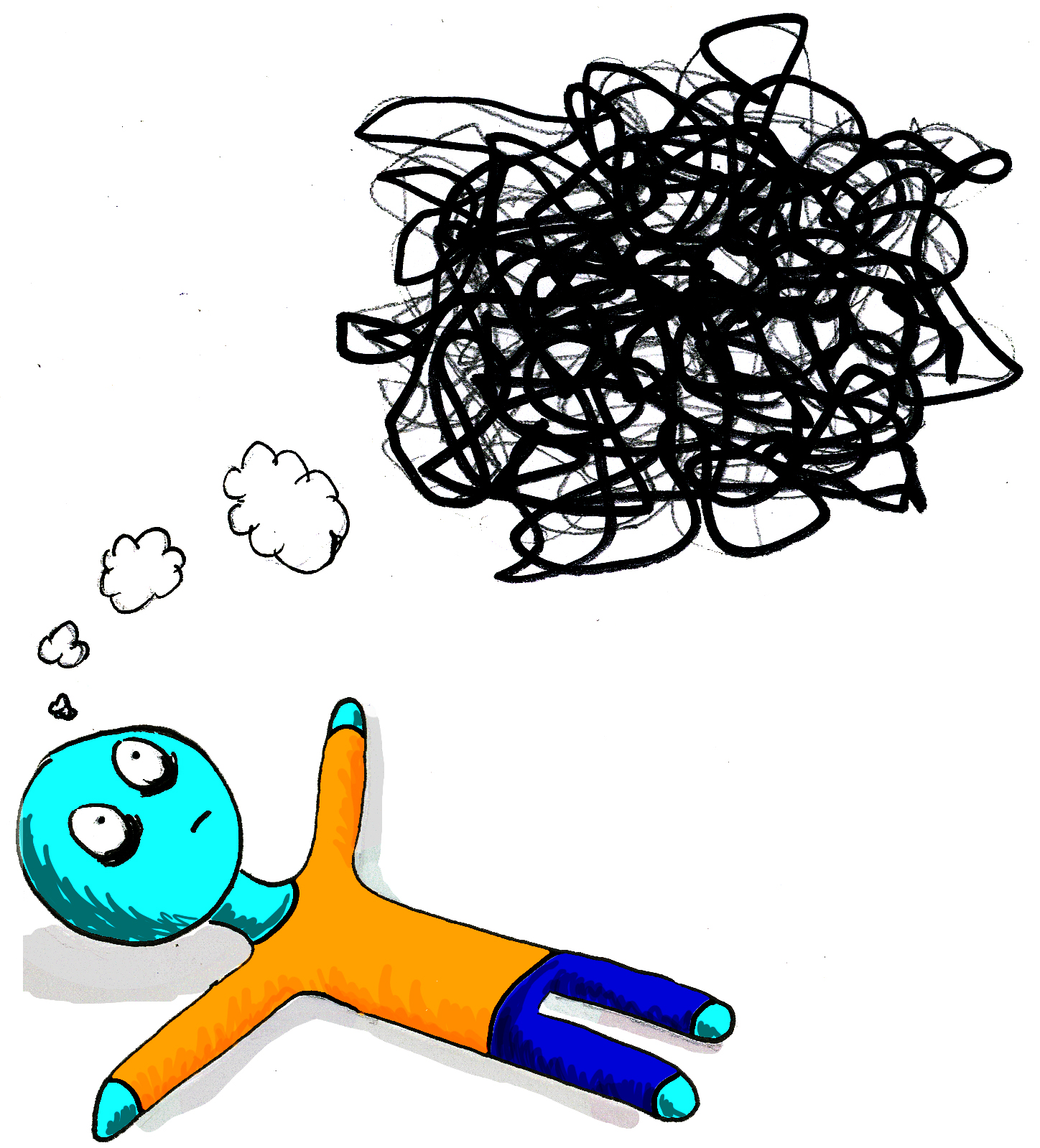Good morning my Type A friends.
You know who you are. You are the person others rely upon to get the job done. You show up. You give good support and advice. You’re a good friend. You are reading this blog right now because there are other sides to your fabulous self…

Compliments of thecord.ca
You also worry a bit. Or maybe a lot. You can’t sleep through the night easily, or haven’t slept at all for many, many years. You feel on edge and a bit snappy at times. You check your alarm clock settings 10 times before bed to make sure that your alarm has been set to the right wake up time.
You’re not the only one
Type A, or perfectionistic personalities, evolve from both an encouragement of the behaviours from those around us (family, friends, mentors) when we are in our childhood to teenaged years. These behavioural patterns have lots of benefits, including recognition, praise, accomplishments, and being in many places at once and doing it well.
What are some of the disadvantages?
You live in fight-or-flight. Adrenaline and cortisol are stress hormones that are released to help us to cope with stressful events. When we perceive something as stressful (anticipating a negative outcome or being concerned that we cannot control an outcome), the hormone cortisol or the molecule adrenaline will elevate to assist our body to have the energy and tools to get through that stressful event. In order to get a job done right, or perfectly, we rely on these hormones and brain molecules (neurotransmitters) like dopamine and norepinephrine again and again. Over time, our body gets tired, and the messaging gets screwed up.
Type A = anxiety
Anxiety occurs when we typically have too much of these molecules floating around in our brain, and too much stress hormone floating around when it should not be there. We can obsess about events before they happen and because as Type A personalities we are good at anticipating shortcomings, we also obsess about our own shortcomings. A cycle of worry and stress both behaviourally and physically starts, and it can be difficult to stop the train.
What things are helpful?
Reducing the “jitters” – We can start in the body by treating physical symptoms at their root by balancing hormones and brain molecules (neurotransmitters) by adding herbs or vitamins to address deficiencies and excesses (sometimes we will test for this).
Introduce new behavioural supports – We might start with deep breathing exercises, starting a yoga or meditation class series to enhance your body’s ability to get relaxed, hypnosis etc.
Introduce new healthy behaviours – Carving out “you time”, learning how to let go.
Friends, family, or a professional who can make you accountable can be really important here – identifying our triggers and breaking our normal habits of coping is one of the hardest things to do.
The most important thing to understand is that anxiety is that it is never just a physical issue nor just a mental issue. It’s BOTH. They work together, they play off one another, they dance together.
Where do I start?
Repeat this phrase to yourself first and foremost:
I’m not perfect, but I am perfectly imperfect!
It’s okay to not know the answers, and to ask for help when you want to do things differently.
We can absolutely address your anxiety, but looking at you the whole person, and starting newer and healthier habits to help lessen and manage your worries. First step is coming in to deal with it.